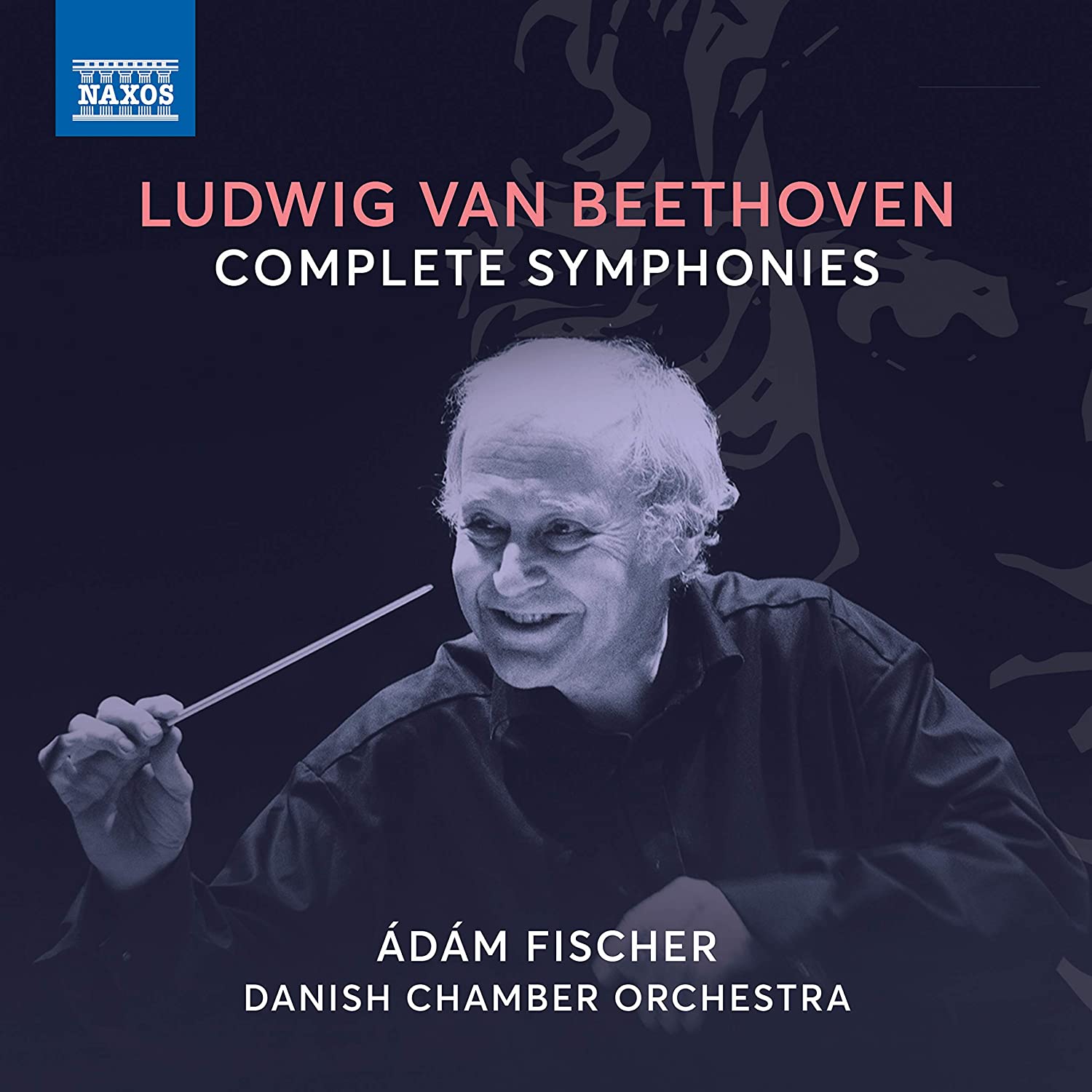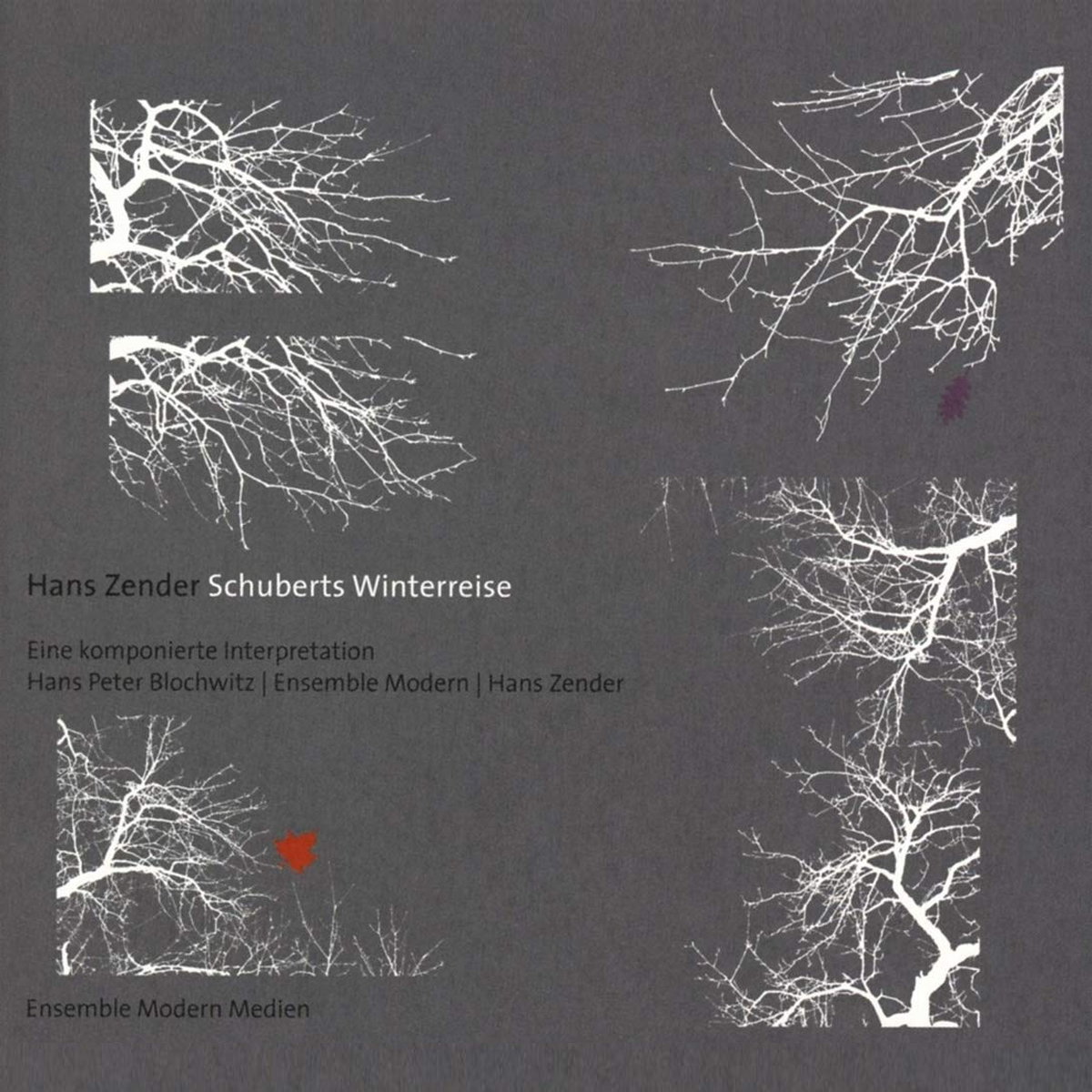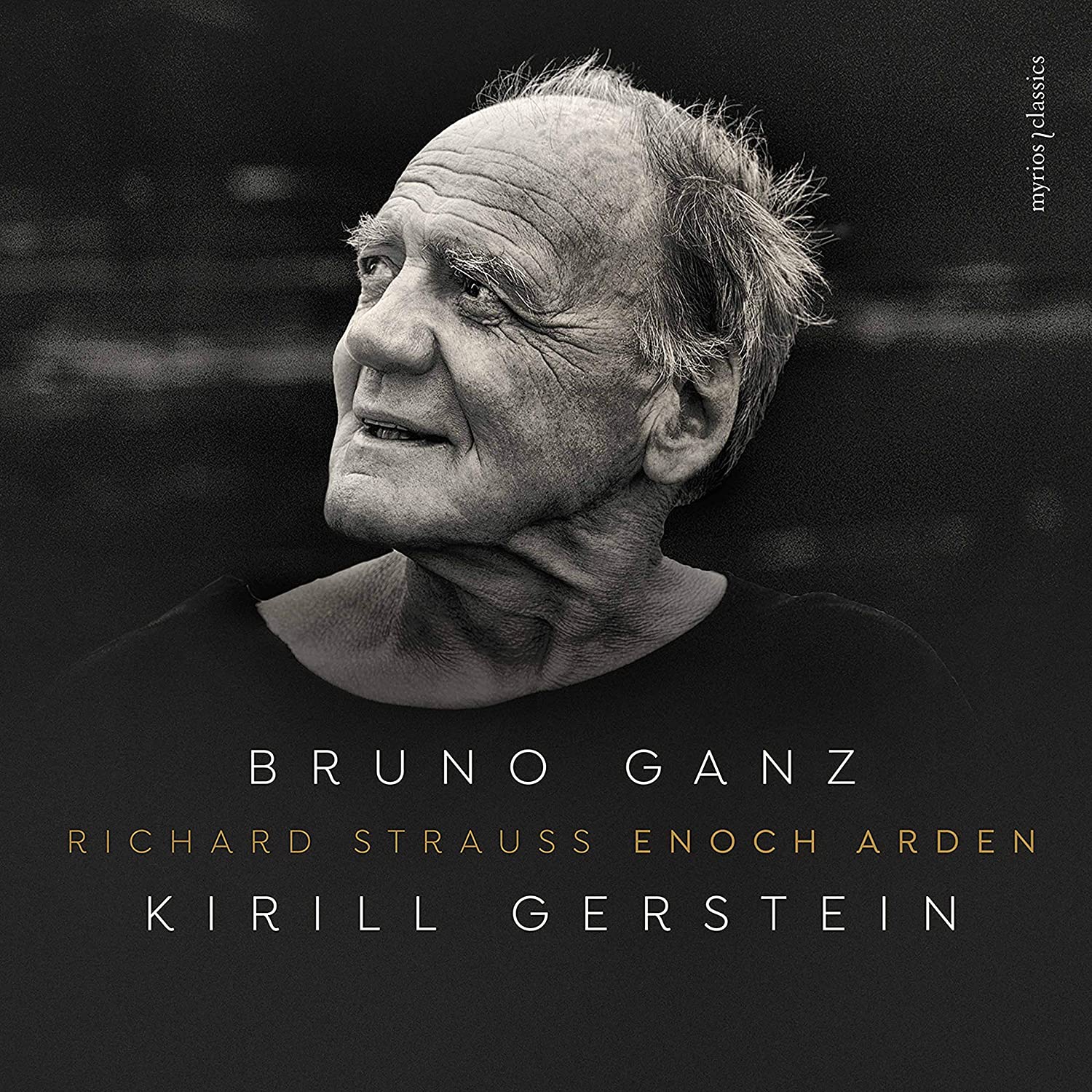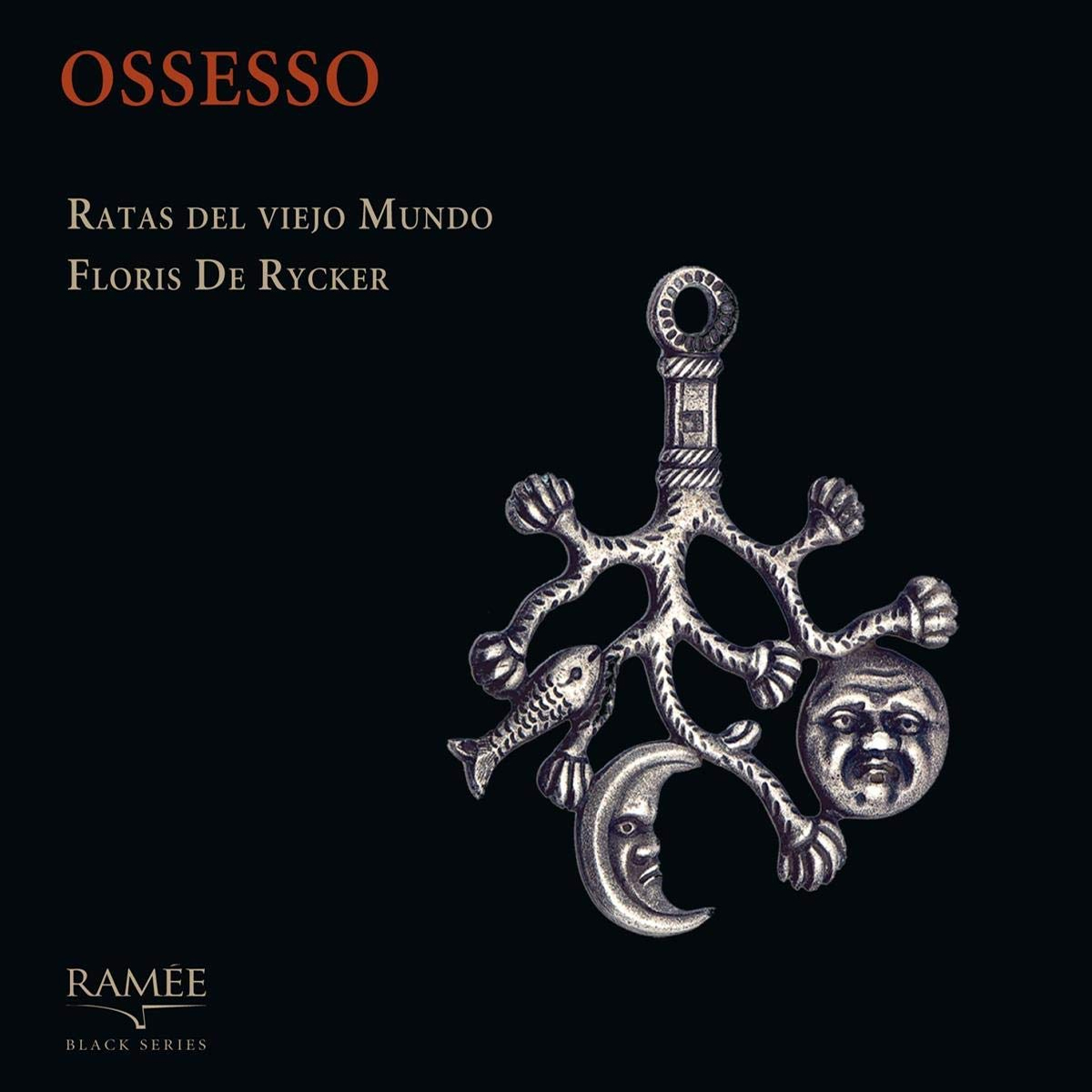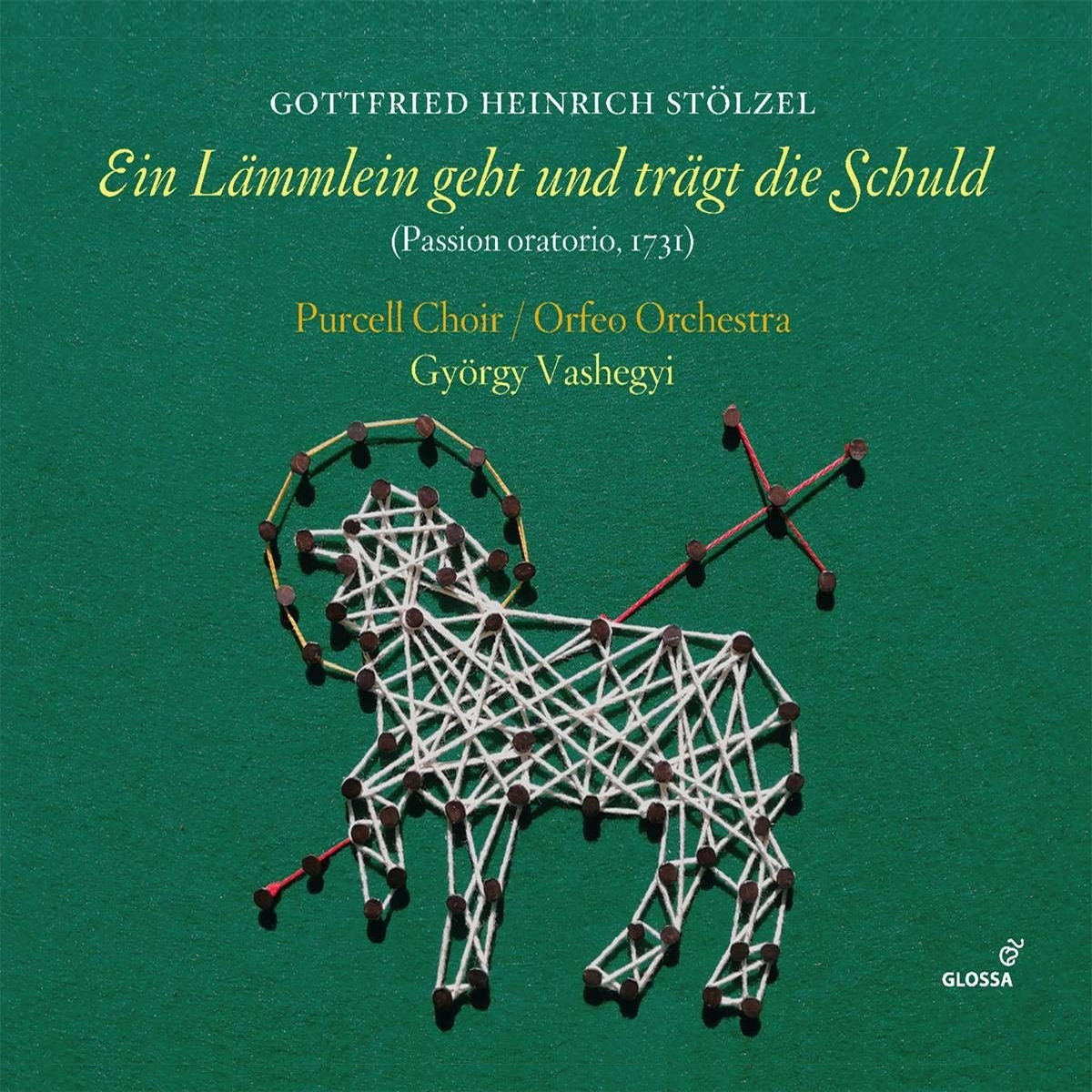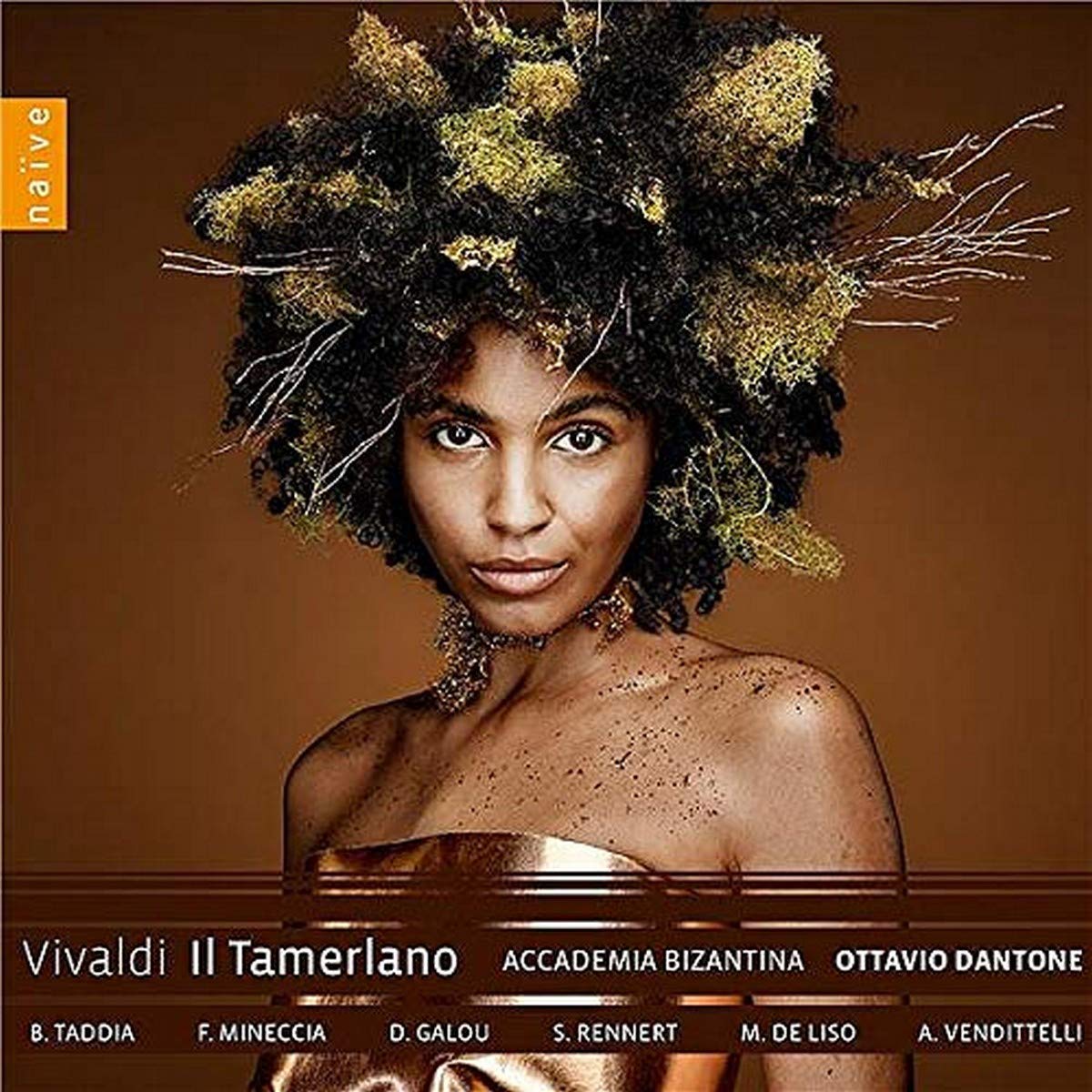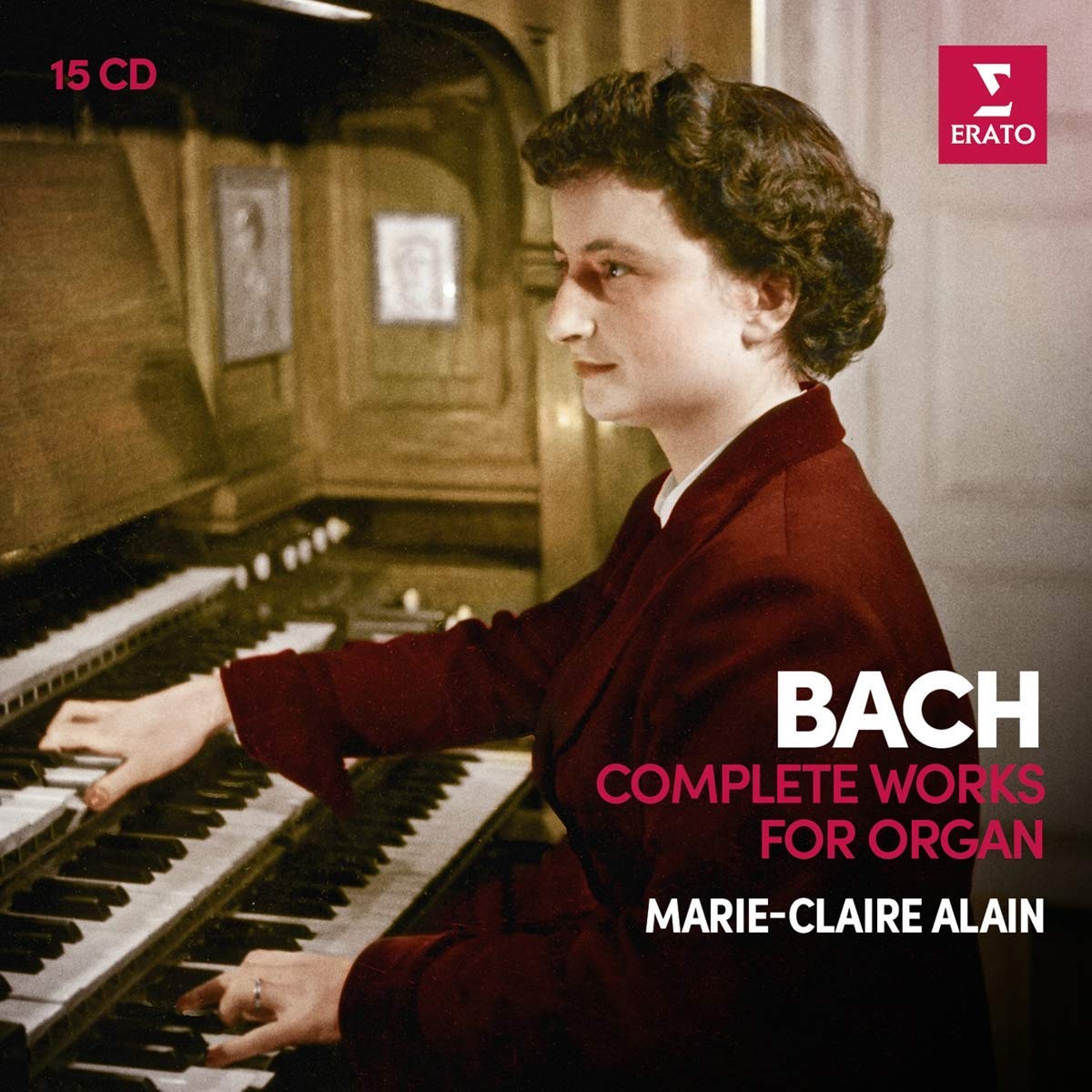Critic’s Notebook: Bruckner 4th on the Organ. A Mistake.
Also reviewed for DiePresse: Ein Warnschuss des Brucknerwahnsinns
Bruckner symphonies on the organ. Obvious pursuit or dubious pleasure? An evening at the Konzerthaus suggested strongly one over the other.
It was my own darn fault. I wanted to go hear Bruckner’s Fourth Symphony that Monday, January 22nd, in the Konzerthaus. Played on the organ! Not that it wasn’t promising to hear Hansjörg Albrecht, a fearfully gifted organ virtuoso and long-time director of Munich’s Bach Choir, perform the task at hand and feet. He has, after all, just recorded all (well, 10 of 11) of Bruckner’s Symphonies in transcriptions, each on a different organ in the various cities Bruckner used to operate in. (I even wrote the liner notes for the first couple of releases, so I still feel slightly invested in that daring project.) Also, just the idea of hearing a well-known work from a different angle has its attractions. That’s why I am such a sucker for transcriptions, in the first place. And that’s why I found myself in the Great –meagerly filled – Hall, for it is one of the great ironies of the organ concert that the space a grand instrument demands is in inverse proportion to the space it takes to seat those who are willing to hear it. Generally, that’s a pity – and the Konzerthaus is to be lauded for treating its instrument to a subscription cycle of concerts, when it would make more economic sense to simply rent out the hall on those nights, instead.
A.Bruckner Symphony No.4 (Organ) Hansjörg Albrecht Oehms Classics |
Not on the 1913 Rieger Organ of the Konzerthaus, at least. Yes, with its 116 stops it’s the largest of its (mechanical) kind and the largest organ Rieger has ever built, until Helsinki’s Musiikkitalo will be completed, later this year. It’s been recently overhauled. It’s tantamount to a national monument among concert organs. But I have never been able to enjoy it, except, perhaps, in an accompanying role, no matter which organist has performed on it – Olivier Vernet, Cameron Carpenter, or now Albrecht. It’s a finicky thing, keys seem to respond just by looking at them, the slightest slip of the finger sounds like a major mishap, and the relatively short reverb of the hall does not help to give any glory to its ungainly sound. It’s either hushed or blaringly loud, but never glorious, sumptuous. And the more one tries to be true to the very complexity of Bruckner’s Fourth Symphony on the organ, the less organic – literally and metaphorically speaking – the result at hand becomes. The instrument sounds positively overwhelmed, lines are broken, and dense passages sound like clutter to which the mechanical noise only adds its own desultory note. A disappointment then, and the first warning shot of the Bruckner Year 2024, which threatens with Anton-Overkill.

Follow @ClassicalCritic




